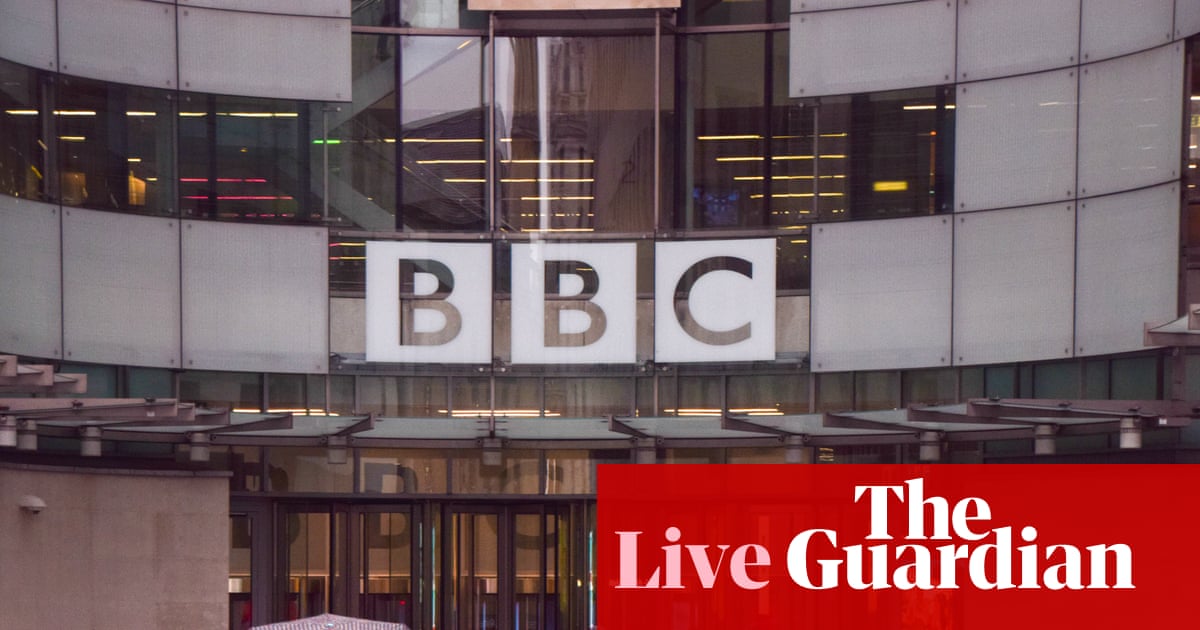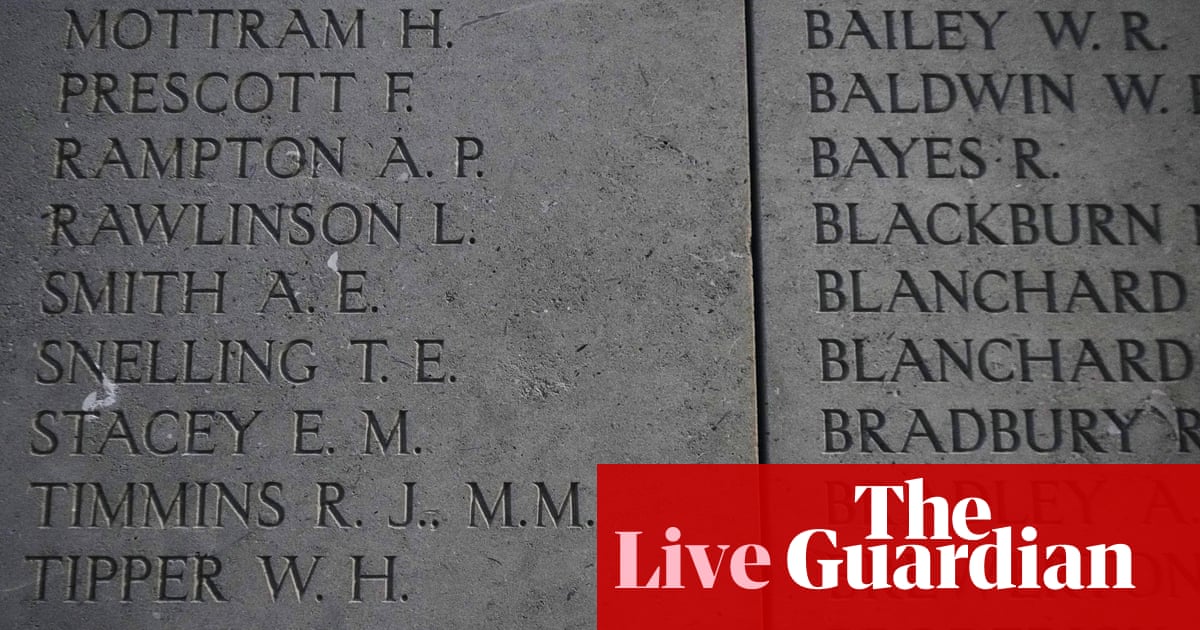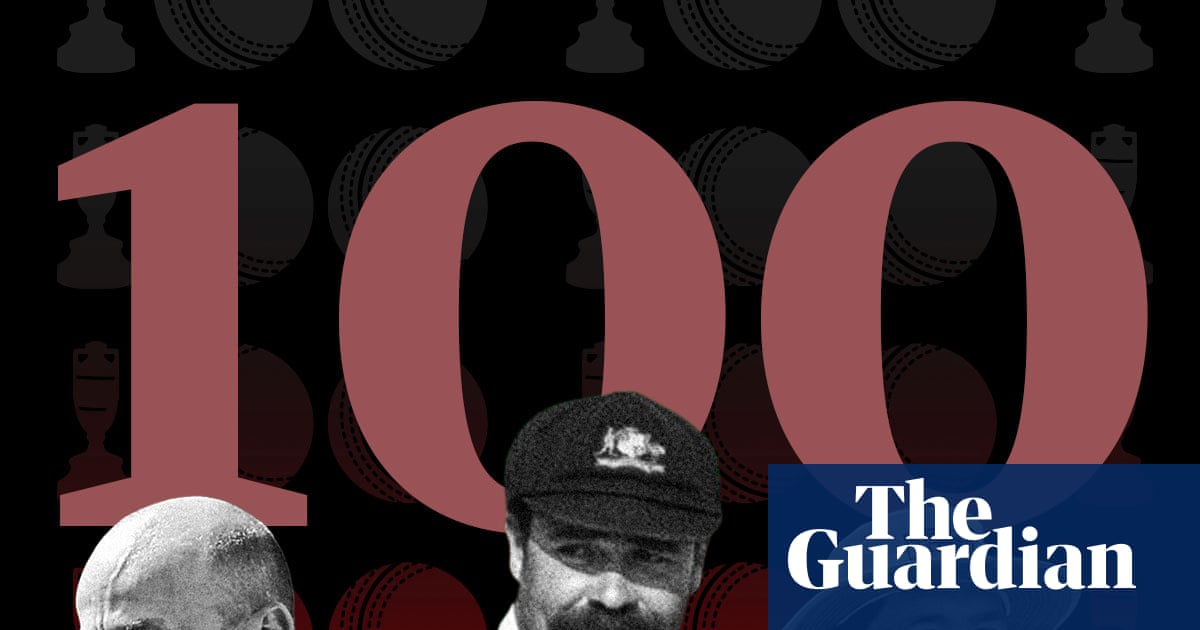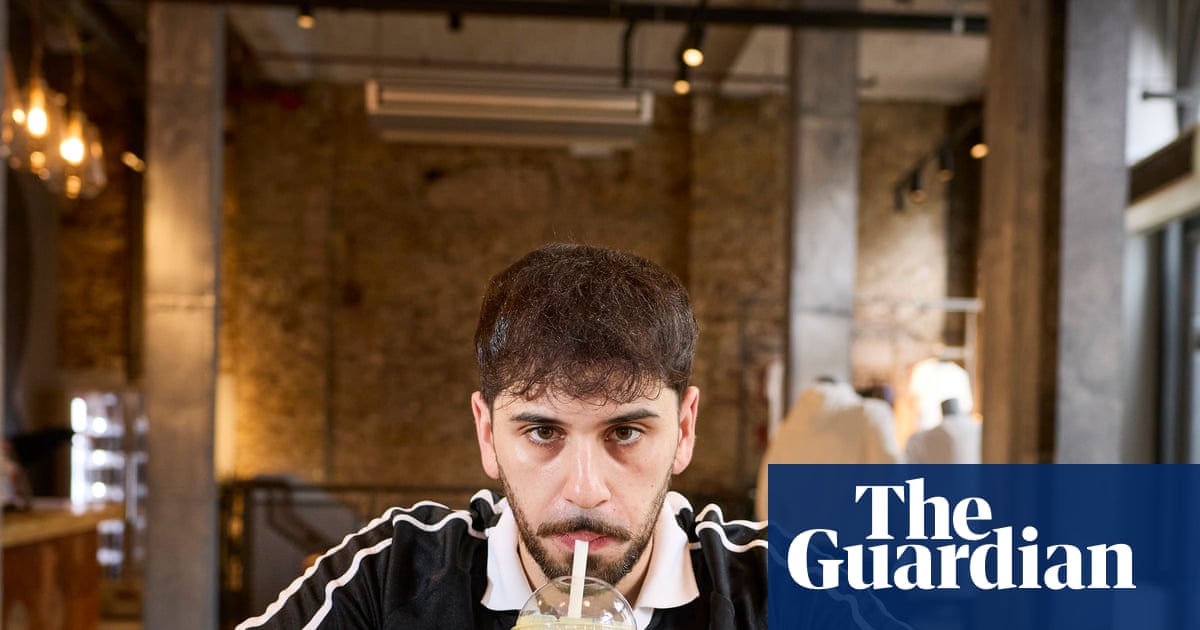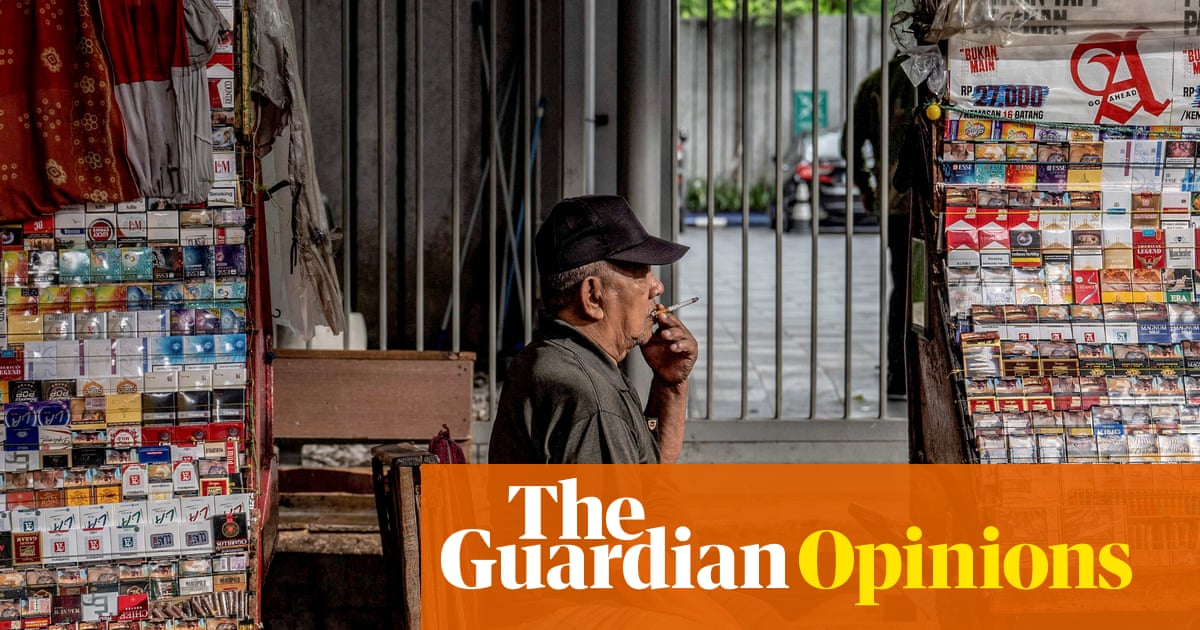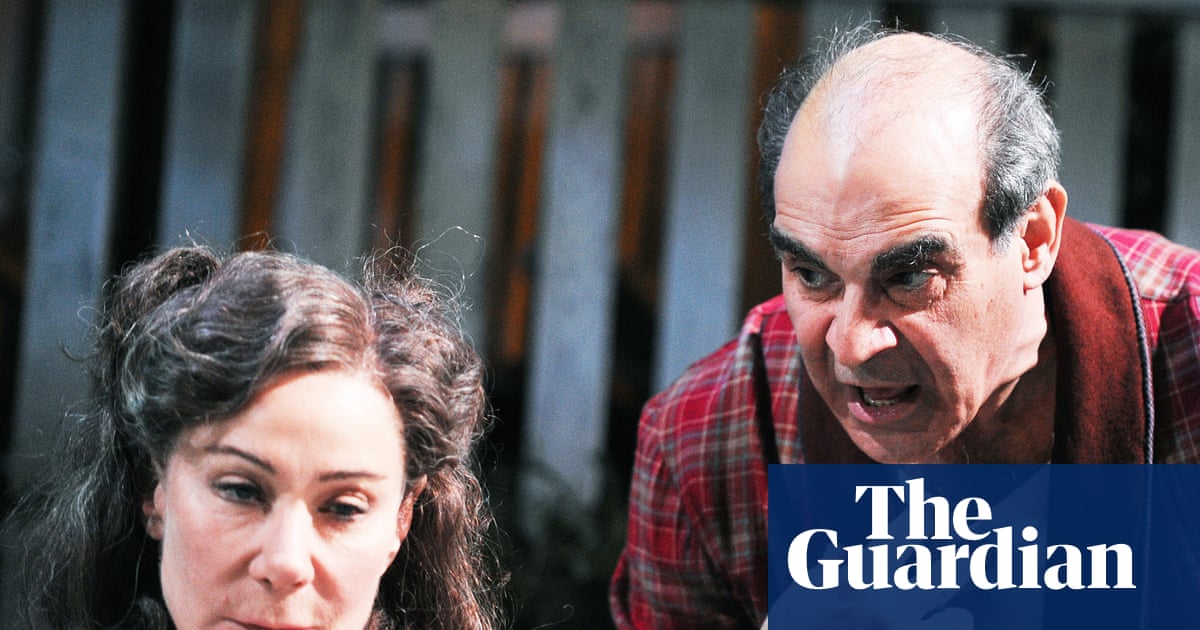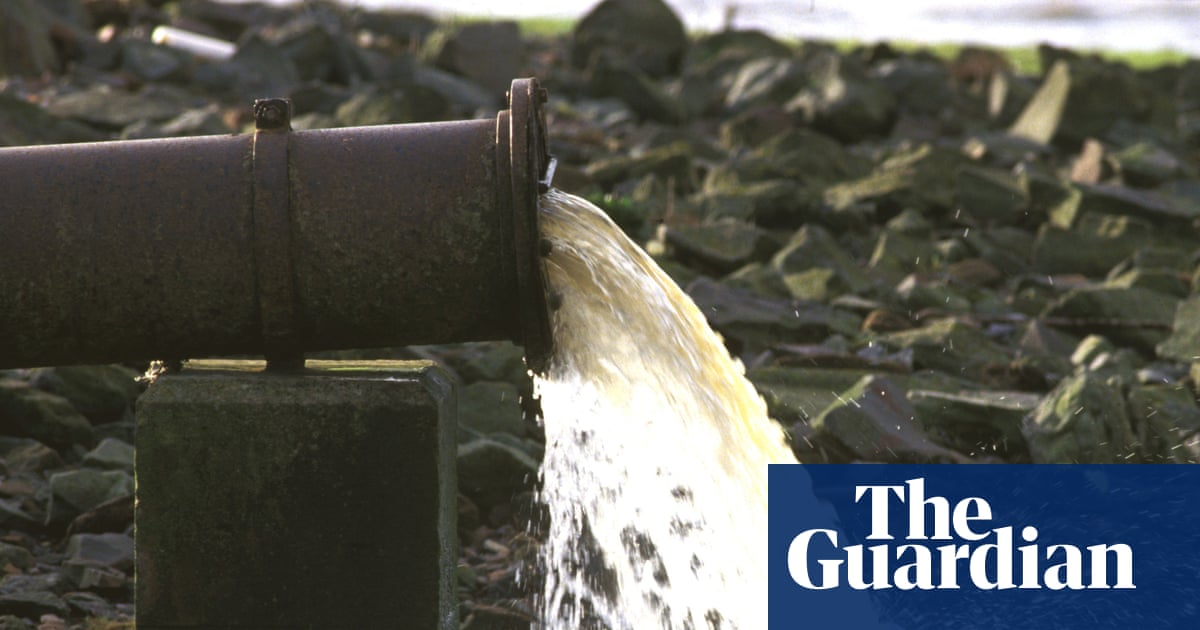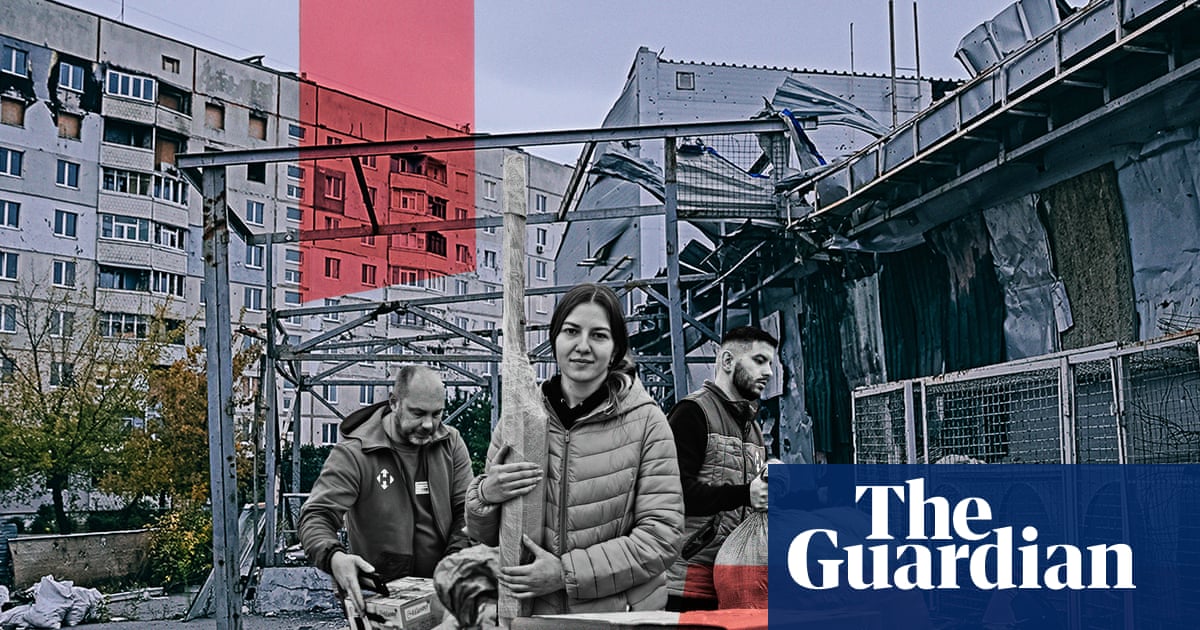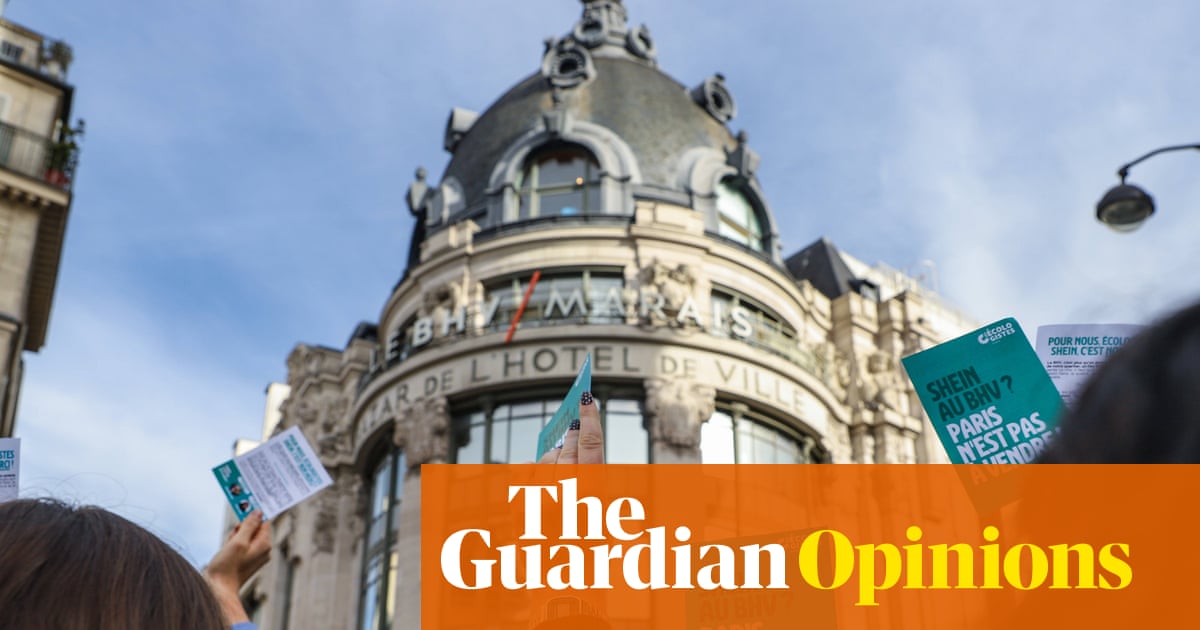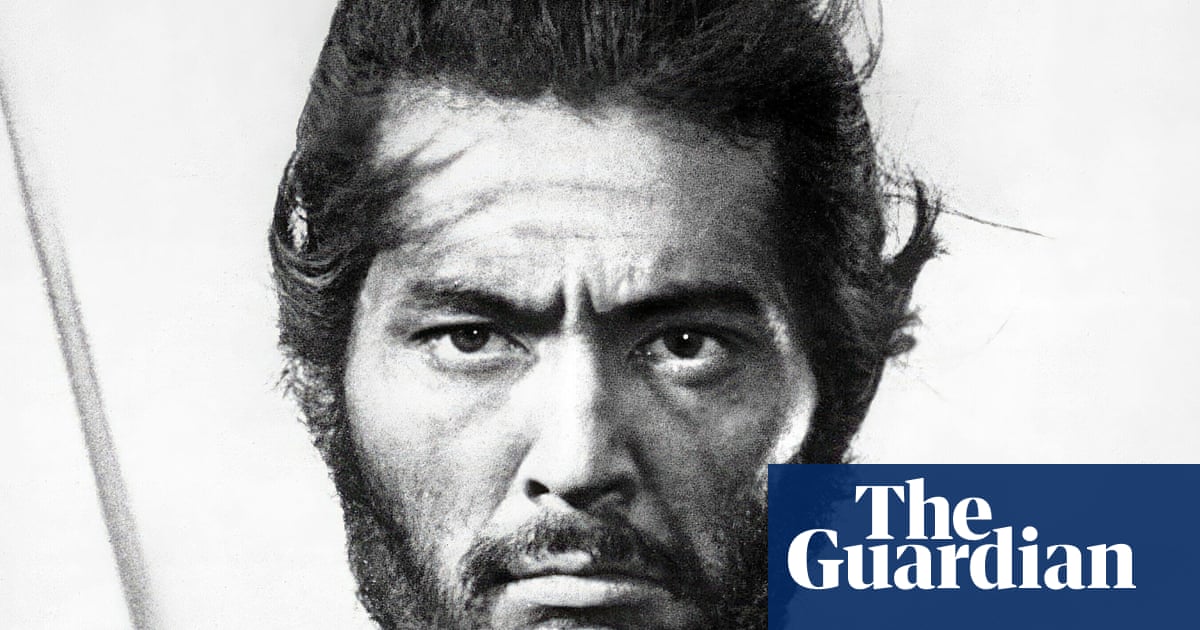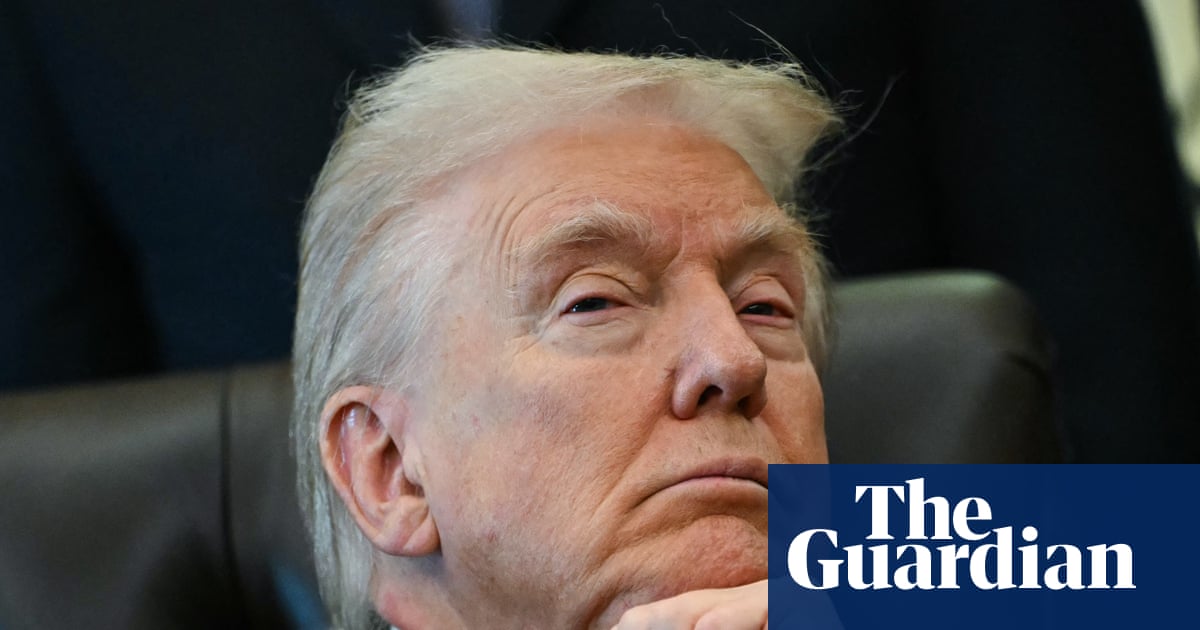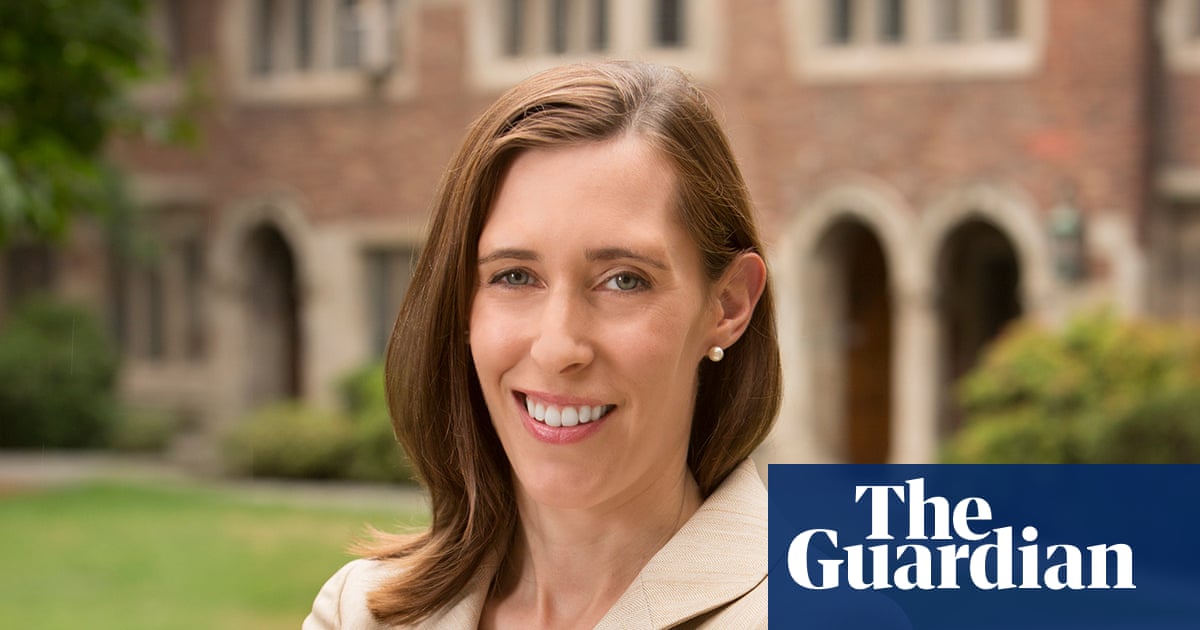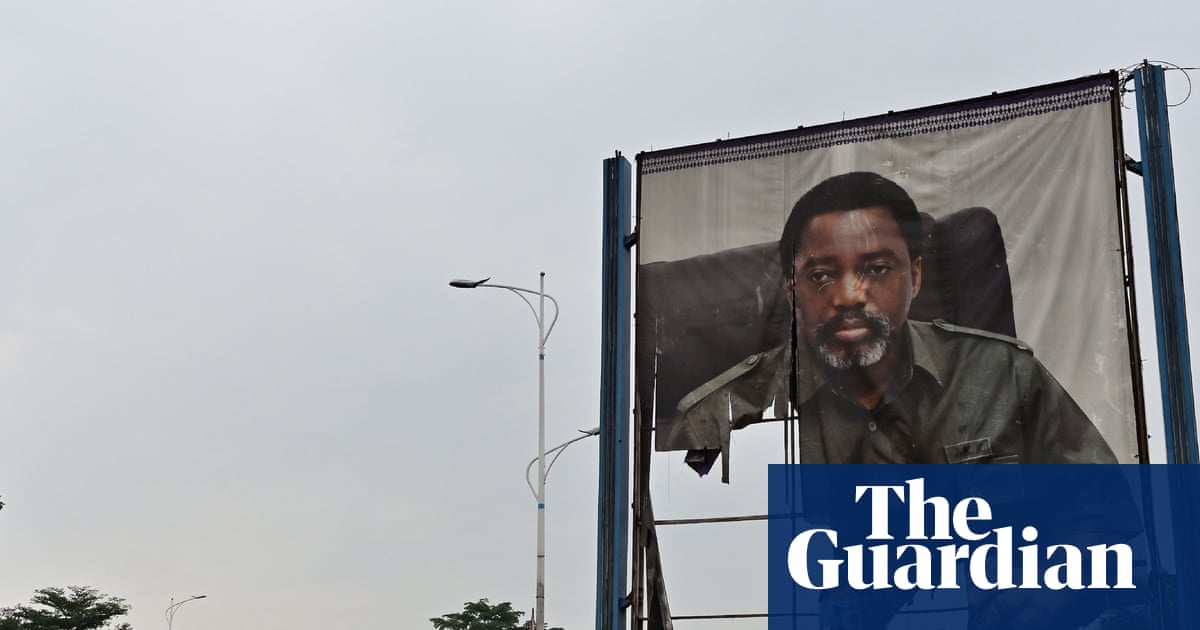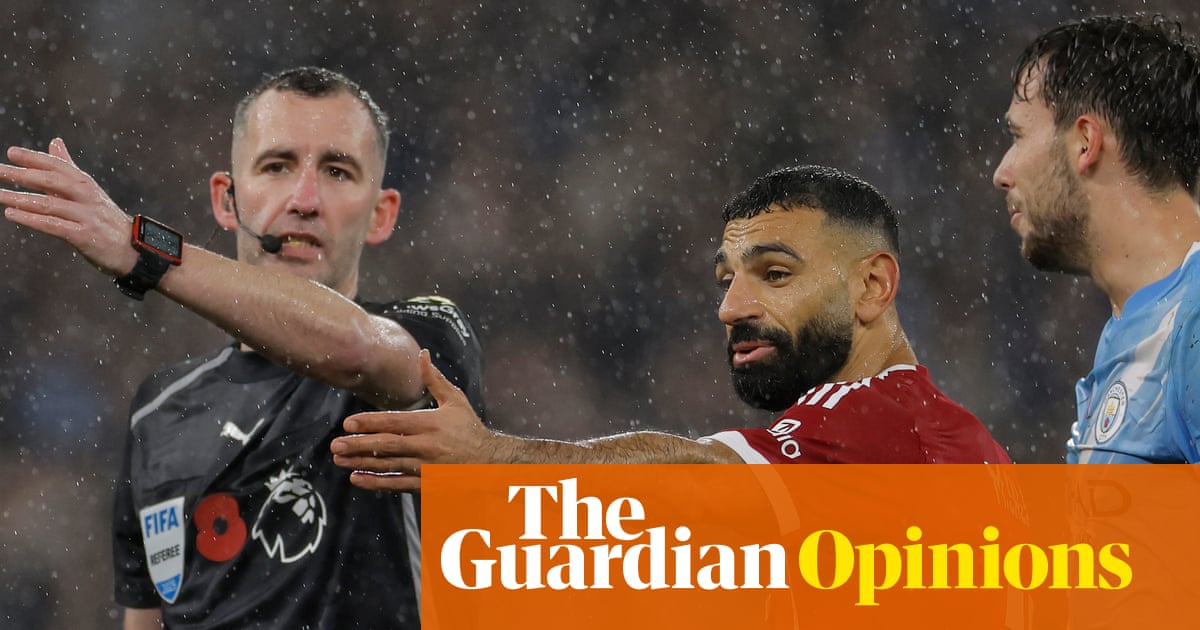In his 2016 manifesto Revolution, the then-presidential candidate, Emmanuel Macron, accused France’s “fossilised political apparatus” of dangerously paving the way for Marine Le Pen’s rise to power. “The political class and the media are a band of sleepwalkers who refuse to see what is coming their way,” he wrote, “so we see the same faces and we hear the same speeches.” He pledged to throw away the old playbook and gather behind him “progressive reformers who believe that the destiny of France is to embrace modernity.”
The fresh face of pro-EU liberalism swept to power the following year on a promise of radical change to bring France into the 21st century.
Eight years on, with France engulfed by political crisis and with no obvious way to break the gridlock, Macron’s lofty ambitions have aged poorly.
François Bayrou, who entered politics before the president was born, has become the third prime minister to resign in the space of a year. Le Pen is stronger than ever, despite her legal woes. On the world stage, Macron attempts to lead the western coalition rallying support behind Ukraine, but his influence will shrink without a budget to support his pledges (or worse, if France drives the eurozone into a debt crisis).
How exactly did France get here? It is hard to avoid the conclusion that Macron’s disruptive hubris has returned to bite him. Posing as the only champion of reasonable politics, he acted as a populist black hole, gobbling up ideas, politicians and voters, left and right. But now, only 15% of the French electorate say they trust him. The other 85% have nowhere obvious to go but the extremes.
Macron had served as minister for the economy under the Socialist president François Hollande. But in 2016, he expressed his disdain for both the left and the right – a position which, for all their differences, mirrors Le Pen’s. “I am convinced that they are all wrong,” Macron wrote of France’s traditional governing parties in his presidential manifesto.
It took him only a few years to weaken both to the point of irrelevance.
With his first campaign, in 2017, the 39-year-old maverick shattered the French centre-left. Macron lured social-democrat bigwigs and voters alike to En Marche, a new party reportedly coined to fit his initials, which promised to break the mould by being neither left nor right. The dusty Socialist party, which had carried Hollande and François Mitterrand to the Élysée Palace, was left virtually dead. Its presidential candidate, Benoît Hamon, trapped between Macron and Jean-Luc Mélenchon’s hard-left agenda, scraped a paltry 6.36% of the first-round votes.
Throughout his first term, true to his cherished strategy of considering the case both for and against every policy – his much-ridiculed mantra is en même temps (“at the same time”) – Macron looked to the mainstream right to broaden his coalition. Édouard Philippe and Jean Castex, his first term’s two prime ministers, both came from Les Républicains (LR), France’s mainstream conservative party. His long-serving economy minister, Bruno Le Maire, also came from the right. More and more rats left that sinking ship to join an increasingly right-leaning Macron, and in 2022, LR’s presidential candidate Valérie Pécresse received an embarrassing 4.8% of the vote.
Last year’s snap election was Macron’s last act of hubris – and the most revelatory. He hoped to administer some kind of shock therapy to the French electorate after voters put Le Pen’s National Rally (RN) in first place in the European parliament elections. But the ultimatum blew up in his face, leaving him with a parliament split three ways. On his left, a reluctant coalition between Mélenchon’s La France Insoumise and more moderate parties of the left. On his right, an ever-growing RN, albeit one still far from a majority. And in front of him, a hotchpotch of weary centrists and conservatives. Misery across the board.
While Macron has succeeded in sucking the life out of France’s traditional parties, he failed to build a cohesive political movement in the centre beyond his own persona. His catch-all, populist politics have been so all over the place that they have become a meme.
Macron could choose to resign or call another election – polls suggest most people want to see yet another dissolution of parliament – but he has ruled both out and will probably just name another member of his camp as a fourth head of government in 12 months. With his second and final term continuing until 2027, it’s hard to know who will fill the void and stand for the Élysée as a viable alternative to Le Pen. At least a dozen Macron-adjacent politicians, including former prime ministers from culture war-prone Gabriel Attal to pension-reform obsessive Philippe and, astonishingly, Bayrou himself, are laying the groundwork for a presidential run in 2027. It all could become an ugly political bloodbath.
after newsletter promotion
Meanwhile Macron’s refusal to work with even the most moderate left, despite the New Popular Front coalition emerging in first place after last year’s snap elections, has given more oxygen to Mélenchon’s antagonistic antics, furthering the sense of chaos and potentially driving more voters into Le Pen’s arms.
It is true that France’s presidential system relies on a providential figure to save the country every five years. (To quote Macron again: “One could go so far as to say: France is a country of regicidal monarchists.”) But the good old left-right divide and its clear, boring ideologies allowed people to vote for a set of ideas as well as a president.
Yes, it was certainly outdated. Yes, the far right was already making progress under it.
But by casting himself as the last and only line of defence against the far right, Macron has only reinforced Le Pen’s own “us v them” narrative. And by moving fast and breaking things, upending the unwritten rules of French politics, he entrenched the chronic instability she needs to prosper. He played with fire: now the house is burning.
-
Jules Darmanin is a French journalist

 2 months ago
56
2 months ago
56

